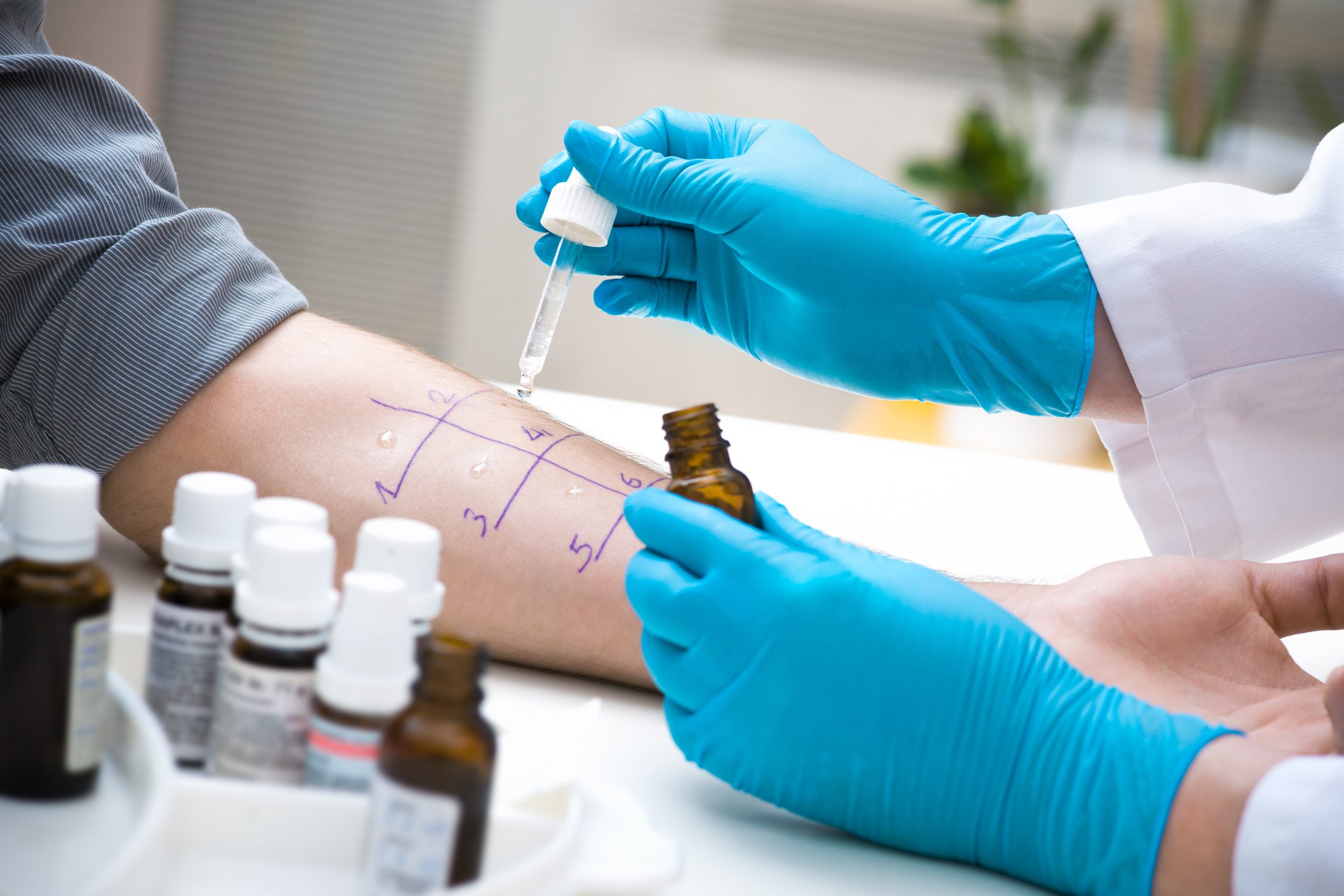English Transcript
Allergist Gerald Lee, MD: When people visit the allergy office, trying to figure out what’s causing asthma, allergies, or problems to food, we have skin testing and blood testing as two options to answer the question. So starting with skin testing, we take a drop of the allergen and put a small prick of the skin that’s relatively painless and if you are allergic to that substance after 15 minutes you’ll develop a mosquito bite bump and it’s a little itchy but it’s quickly relieved with medication.
Now the alternative is a blood test. This is just like any blood test you’d get. It’s a blood sample that comes back in a few days and will tell you if your body’s making something called IgE to that allergen. Now, in comparing to the new skin testing, is much convenient for patients because you get the answer right there. We can counsel you about it, and the only downsides of skin testing is that you do have to stop allergy medicines seven days prior, as well as the fact that it is a little itchy.
Now blood test testing – does it require you to hold allergy medicines? You can continue your medicines. And blood testing is also very interesting because there are certain components or pieces of the allergen we can test that is not available by skin testing. Unfortunately, blood testing may be a little bit more expensive, and of course you do have to have that second conversation outside the office.
Both are great options. They’re very accurate for all of our patients.
See other videos
Resource Type: Video | Allergy, Allergy Testing, Asthma, Food Allergies
